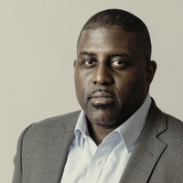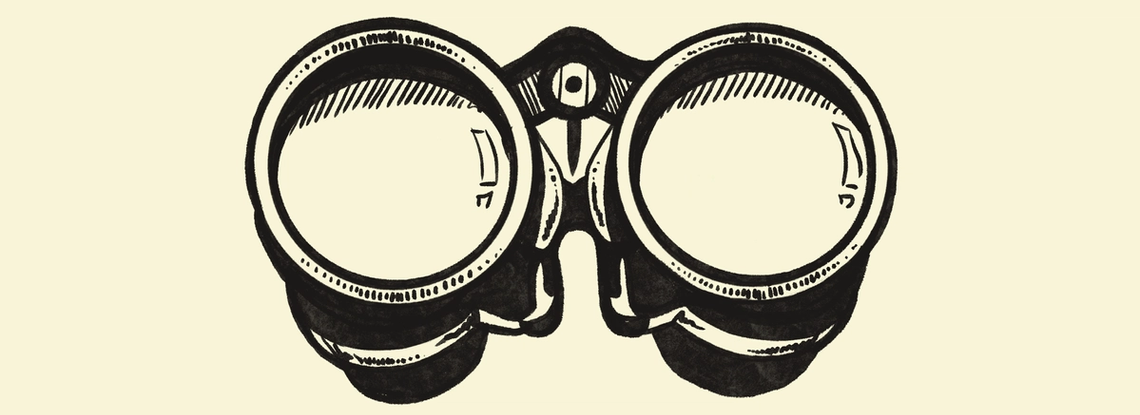 Sally Hayden/SOPA Images/LightRocket via Getty Images Sally Hayden/SOPA Images/LightRocket via Getty ImagesLAGOS — The ongoing struggle by some African startups to sustain operations in the wake of tighter fundraising portends a wave of shutdowns that will worsen over the coming year, investors, advisers and industry insiders say. Nigerian genomics firm 54Gene, Kenyan logistics outfit Sendy, and South African transport data company WhereIsMyTransport are among the high profile African startups to close shop this year. Those three raised a combined total of more than $100 million from strategic investors like Google and Toyota, as well as early and growth stage venture capital and private equity firms. Each ran out of money and failed to raise more. Some startups have shuttered or are struggling because of alleged mismanagement rather than fundraising problems. Dash, a Ghanaian fintech whose founder reportedly diverted millions of dollars from the business, closed in October. Given the startup raised over $86 million in the last five years, the episode has raised calls for more rigorous due diligence and steady oversight. But those concerns are being superseded by the more immediate challenge of dwindling cash at a number of startups, prompting pre-mortems where closure seems inevitable. “The biggest risk we have right now is the failure of good companies because they can’t attract the right kind of capital,” said Gbenga Ajayi, a partner at QED Investors which has three startups in its Africa portfolio. “That’s a sad reality and I think a lot more companies will fail in Africa because of that, relative to the rest of the world,” he added.  ALEXANDER’S VIEW African investors and operators are mostly taking an optimistic view of the startup shutdowns so far, reassuring themselves that some failure is an inevitable feature of any industry built on venture capital. But there’s an effort to take a close look at the various causes of failure such as an egregious case of fraud and mismanagement versus struggling against tough macroeconomic conditions, or simply poor execution. A subtext of the alarm concerns what it means for Africa’s nascent tech ecosystem that a wave of shutdowns is preceding notable exits for investors. The majority of venture funds invested in the continent’s startups have been from international investors. With the possible exception of development finance institutions that are more patient on recouping returns, investment managers expect most global money sources to retreat from Africa during a shutdown wave. “I think where we’ll get punished more is if we don’t have winners,” Ajayi, of QED, said. Speculation about the ecosystem’s health is premature because there haven’t been enough failures to make an assessment, but “the adverse effect of not having winners is far greater than the effect of losers losing,” he said. Read on for Room for Disagreement and The View from Nairobi | 











